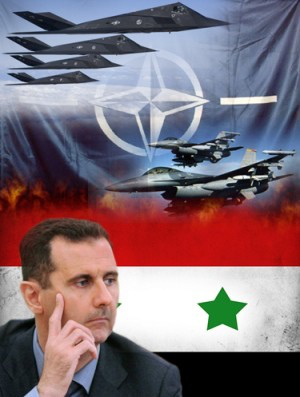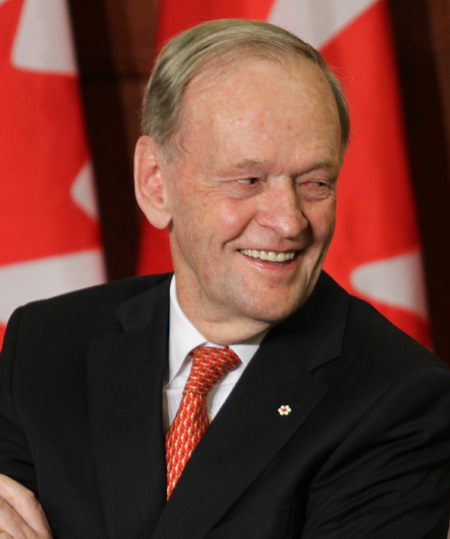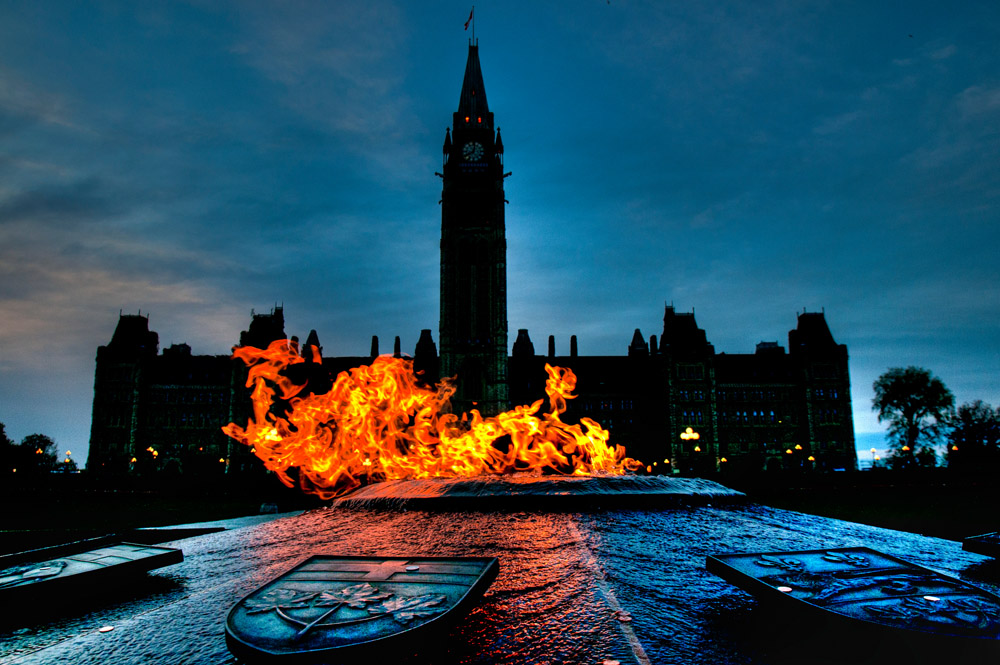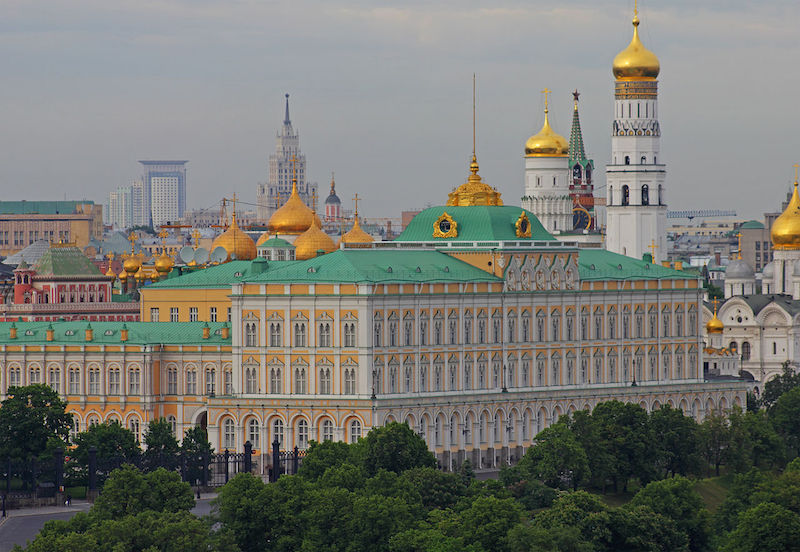As the proposed Geneva II Middle East peace conference approaches, serious questions exist about the concrete selection of dates for the conference. The Syrian opposition has been consistently impeding progress toward this conference, despite agreeing to meet with Russia and Western nations in mid-November.
This proposed conference would provide the opportunity for the important actors – the Syrian coalition, Russia, and Western nations (in the Syrian conflict) to meet and end the civil war that has ravaged the country for over two years. The Syrian opposition, however, has insisted that three conditions be met prior to their willingness to attend the conference. These three conditions, a transitional government, the release of political prisoners, and access of relief agencies to besieged areas, would provide the Syrian nation with a solid foundation for rebuilding. The issue, however, is that current president, Basshar al-Assad, is refusing to leave the country and is insisting upon remaining involved in the government, thereby challenging one of the opposition’s main tenets.
As the government and the Syrian coalition continue to disagree, the conflict remains bloody and Syrians are continuing to lose their lives. Evidently peace is necessary for this country, and for the region that is becoming overwhelmed with Syrian refugees. However, peace talks may not be the most effective way to accomplish this goal. The desire of Russia and the West to have the Syrian opposition involved in these talks makes the talks seemingly impossible, primarily because the al-Assad government refuses to meet the outlined conditions. Without the key players in Syria, peace talks cannot be effective.
There is little evidence that the peace talks will be effective without Syrian participation and willingness to cooperate. Otherwise the only solution is intervention, a prospect that has divided NATO over the past five months and will continue to divide the alliance should it need to intervene.
[captionpix align=”left” theme=”elegant” width=”300″ imgsrc=”http://www.livemint.com/rf/Image-621×414/LiveMint/Period1/2012/12/06/Photos/nato–621×414.jpg” captiontext=”The situation in Syria will reach a critical turning point when the Geneva II talks begin””]
The situation in Syria will reach a critical turning point when the Geneva II talks begin; if they begin at all. The Syrian Arab Republic cannot continue to function without a government that is legitimized by its people. It also cannot attain peace without the government’s opposition in the Syrian coalition being willing to adhere to a ceasefire and utilize political avenues to achieve its goals.
Through all of this, the role and influence of NATO must also be examined. A non-interventionist approach to the Syrian situation has affected the credibility of particularly the United States, but also NATO as a whole following the confirmation of chemical weapons activity in the country. Although NATO’s primary mandate is protecting and securing Europe and the Atlantic, NATO’s previous roles in northern Africa and the Middle East have created for it a dangerous precedent that is now being tested in Syria. The civil war in Syria poses an enormous threat to the Western world; arguably more so than it does to its geographical region. How the peace talks at Geneva II proceed will have an immense impact not only on the future of Syria, but also on the global role of Western powers.




